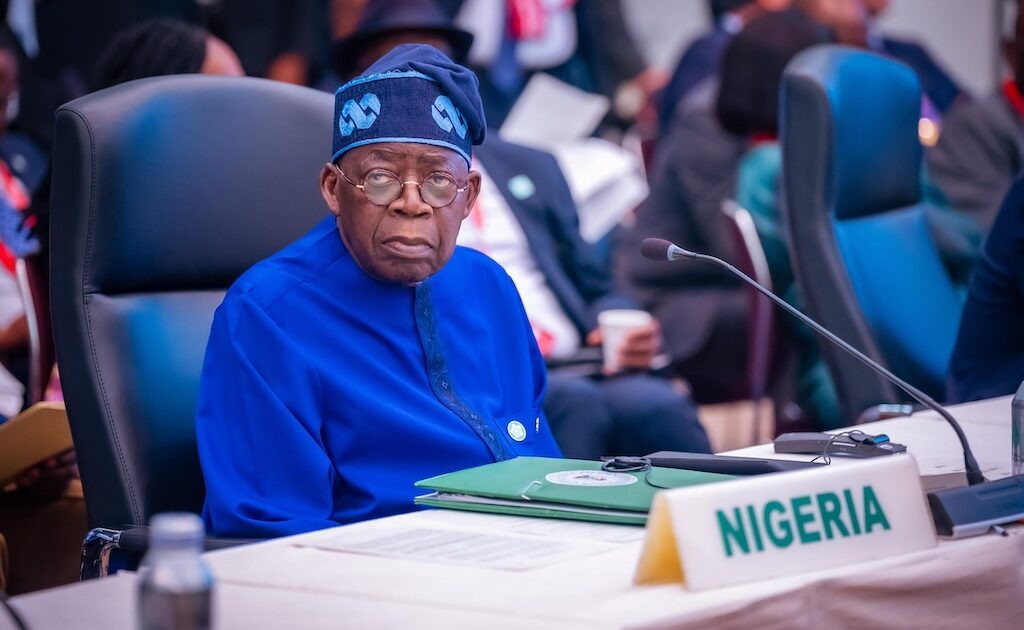The announcement of a direct flight service between Lagos, Nigeria, and São Paulo, Brazil, marks a significant milestone in the burgeoning relationship between the two nations. This landmark agreement, spearheaded by Nigeria’s largest airline, Air Peace, was unveiled during a state visit by Nigerian President Bola Tinubu to Brazil and signifies a concerted effort to strengthen bilateral ties across various sectors. Brazilian President Luiz Inácio Lula da Silva hailed the new air link as instrumental in fostering closer people-to-people connections and driving economic growth between the two countries. This direct flight is expected to streamline travel, facilitating smoother movement of people and goods, and boosting tourism and trade between Africa’s most populous nation and South America’s largest economy. The move underlines the growing recognition of the potential for mutually beneficial partnerships between these two economic powerhouses.
The establishment of the Lagos-São Paulo air route is not an isolated event but rather forms part of a broader series of bilateral agreements signed during President Tinubu’s visit. These agreements encompass a range of critical areas, reflecting a commitment to deepen cooperation and collaboration between Nigeria and Brazil. The signing of a Bilateral Air Services Agreement by the respective aviation ministers paved the way for the Air Peace deal and sets the stage for enhanced air connectivity. Beyond aviation, the two nations also formalized agreements on diplomatic training, political consultations, and scientific and technological cooperation, showcasing a multi-faceted approach to strengthening their partnership.
The diplomatic training agreement, signed by the foreign ministers of both countries, aims to enhance diplomatic capacity and promote mutual understanding between the two nations. This agreement will facilitate the exchange of knowledge and best practices in diplomatic training, strengthening the institutional framework for diplomatic engagement. The agreement on political consultations will provide a platform for regular dialogue on bilateral, regional, and international issues of common interest. This mechanism will enable the two countries to coordinate their positions on global challenges and explore avenues for joint action. The signing of a memorandum of understanding on science and technology cooperation further underscores the commitment to fostering innovation and knowledge sharing.
The agreement on science and technology encompasses a wide spectrum of areas, including biotechnology, bioeconomy, ocean science, energy, space development, digital transformation, and innovation ecosystems. This collaboration will facilitate joint research projects, technology transfer, and capacity building initiatives, fostering innovation and technological advancement in both countries. The focus on these cutting-edge fields reflects a shared vision of leveraging science and technology for sustainable development and economic growth. This partnership will create opportunities for researchers, scientists, and innovators in both countries to collaborate and contribute to global scientific progress.
Further strengthening the economic ties between the two countries, a memorandum of understanding was signed on trade and investment promotion, specifically focusing on agriculture. This agreement aims to harmonize efforts in expanding agricultural financing, promoting investment, and launching joint development projects in the agricultural sector. This collaboration is crucial for both nations, as it leverages their respective strengths in agriculture to enhance food security and promote economic diversification. By sharing expertise and resources, Nigeria and Brazil can unlock the full potential of their agricultural sectors and contribute to sustainable agricultural development.
The series of agreements signed during President Tinubu’s visit to Brazil represent a significant step forward in the bilateral relationship between the two nations. The establishment of the direct flight service, coupled with the agreements on diplomatic training, political consultations, scientific and technological cooperation, and agricultural trade and investment, lays the foundation for a more robust and dynamic partnership. These initiatives reflect a shared vision of fostering closer ties, promoting economic growth, and addressing common challenges through collaborative efforts. The strengthened relationship between Nigeria and Brazil holds great promise for both countries and has the potential to serve as a model for South-South cooperation.


